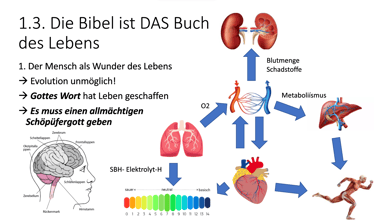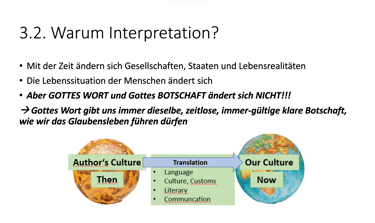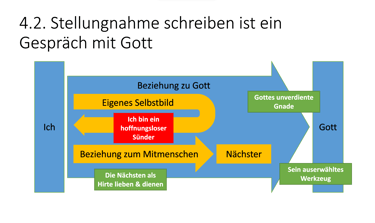
"Do your best to present yourself to God as one approved, a worker who does not need to be ashamed and who correctly handles the word of truth.”
(2 Timothy 2:15)
Inductive Bible Study
We wholeheartedly invite you to join our quest to discover the secret treasures hidden in the Word of God through the inductive Bible study method. Inductive Bible study is a method for personal Bible study with the purpose to experience the life-changing truth of the Word of God and apply it to one’s life.






Observation: What does the Bible / book / passage / paragraph / verse actually say? During this stage, the reader carefully examines the biblical text without making any initial interpretations or judgments. The goal is to observe the text's details, such as keywords, repeated phrases, literary devices, and the context in which the passage is found. Through observation, one gains a clear understanding of what the passage is saying, setting the foundation for deeper analysis in the subsequent steps of the Inductive Bible Study process.
Interpretation: What does it mean? After observing the text's details and context, readers seek to understand the author's intended message, considering historical context, literary genre, and cross-references. The goal is to uncover broader themes and apply biblical teachings to life. Humility is essential to avoid personal biases. This step deepens comprehension and prepares for the final phase
Application: How does it apply to my/our/people’s life? After interpreting the biblical passage, readers focus on how it applies to their lives. This step encourages personal reflection and practical implementation of the passage's teachings. It involves asking questions like, "How can I live out these principles?" and "What changes should I make?" The ultimate goal is to integrate the lessons learned into daily living, fostering spiritual growth and a deeper relationship with God.
It consists of three steps:
Find here a detailled description on “How to study the Bible”, based on the book “Living by the Book: The Art and Science of Reading the Bible” by Howard G. and William D. Hendricks.

The Advantages of Inductive Bible Study
An Example
Imagine you study Daniel Chapter 4 and arrive at Verses 29 and 30.
"Twelve months later, as the king was walking on the roof of the royal palace of Babylon, he said, “Is not this the great Babylon I have built as the royal residence, by my mighty power and for the glory of my majesty?"
Deductively: You listen to a sermon. The preacher says, Nebuchadnezzar was very proud. So God humbled him. You agree. But you do not really consider it important.
Inductively: You sit down and think about the passage, using a questionary. The question makes you think about the time, the situation, the persons involved. It takes time, maybe even hours to think about this passage. But now you find many things:
Daniel already warned the king, but that was one year ago. Maybe you ask yourself, whether you remember every warning from the past and whether you are as alert as you were before
Humanly speaking, the king had reason to be proud. His father and he made Babylon a unique metropolis. From his palace the king looked at the Hanging Gardens, one of the seven wonders of the ancient world
Still, God humbled him.
At the end of the study, maybe you even sympathize with the king. Yet, you also understand that God is in charge and that God resists proud people. And after more and deeper thought and study, maybe you will come to God with your own pride and experience the life-changing power of the Holy Spirit in your life. Or you will be able to understand proud people better than before and become a good shepherd for them.
Resumee: Inductive Bible study takes time and effort, much more than a deductive study. However, it is a worth-while investment. It even may change the life of sinners.











